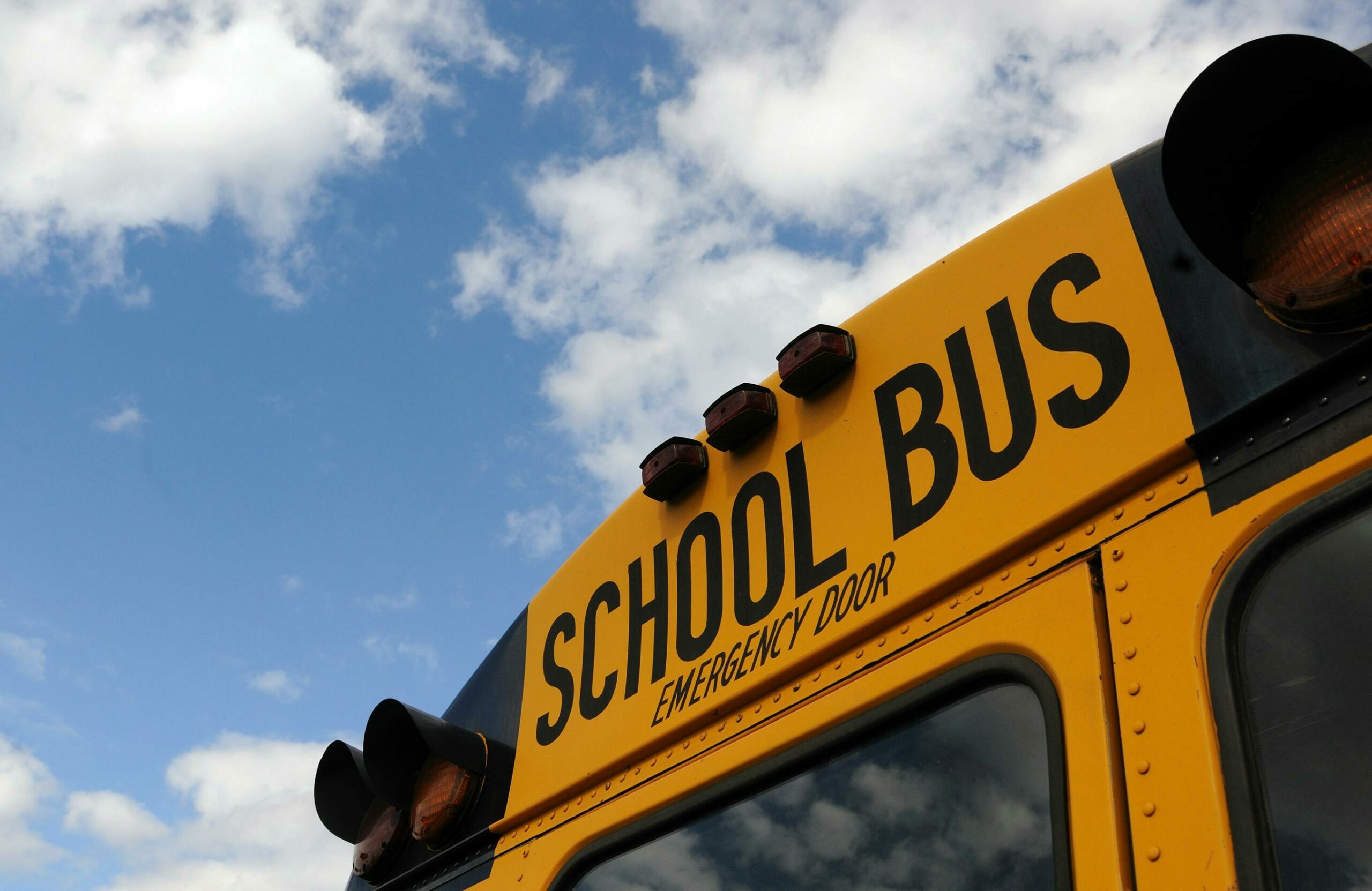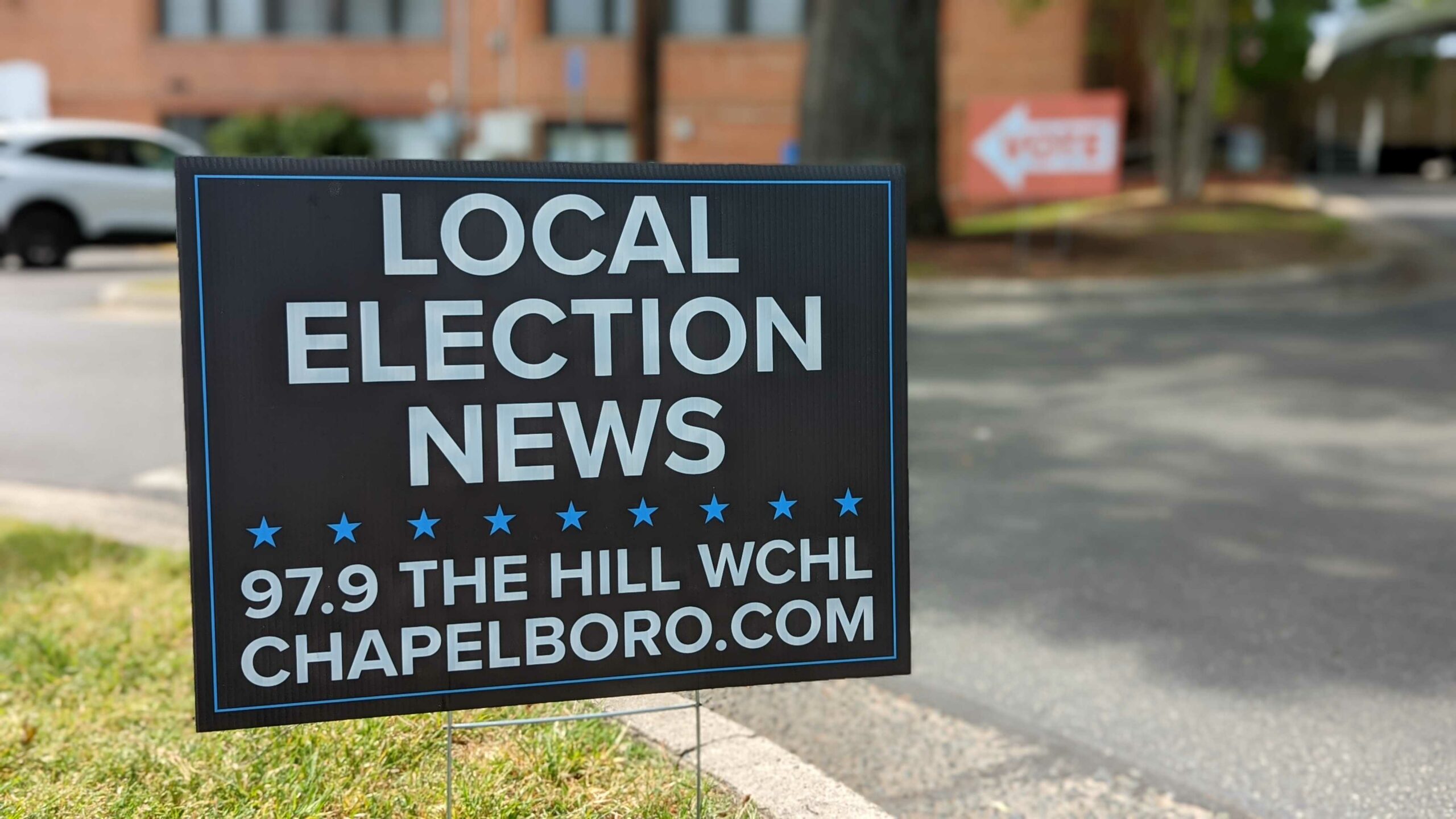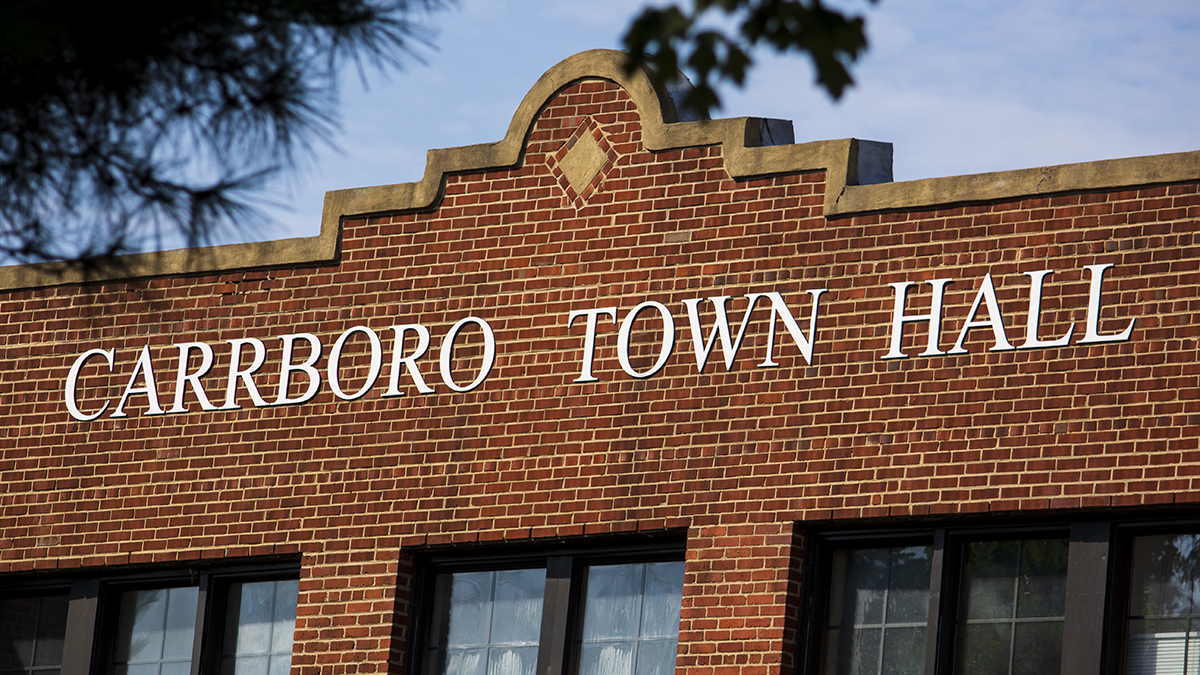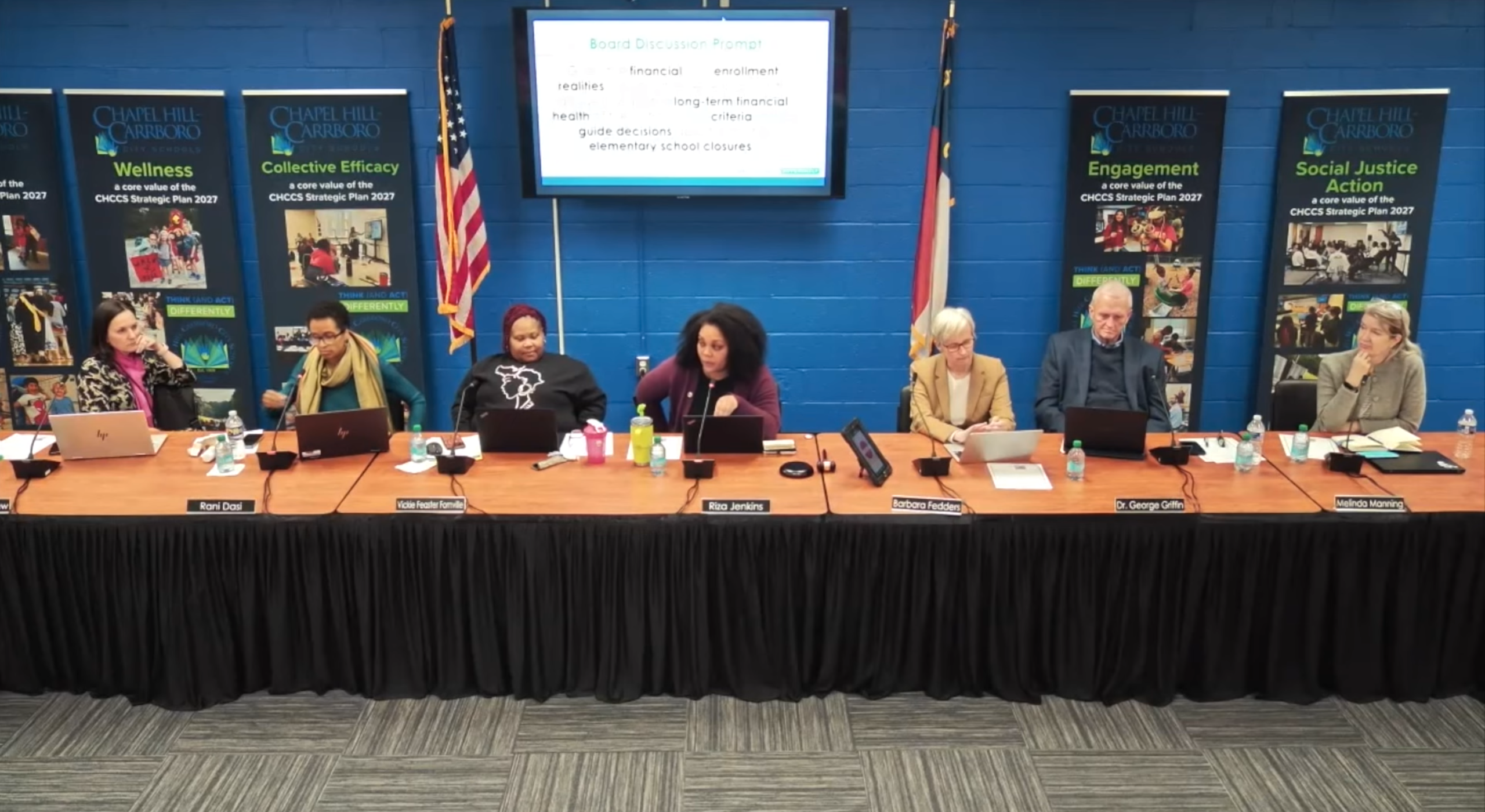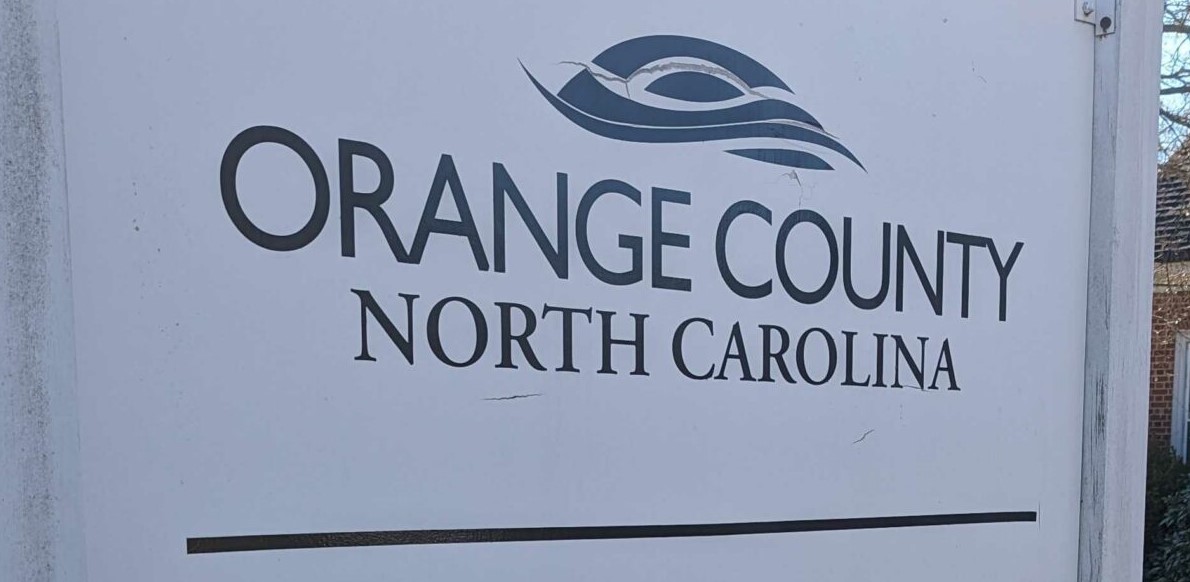The Orange County Board of Commissioners met with the two local school boards Tuesday night in Hillsborough to discuss, among other things, moving forward with plans for a 2016 bond referendum.
“We can do things with alternate financing, and we’ve been doing it for a decade now,” said Orange County Commissioners Chair Barry Jacobs, near the end Tuesday night’s genial joint meeting between the BoCC and the Boards of Education from Chapel-Hill Carrboro and Orange County.
“But we’re going to go to people, and we’re going to say, ‘Are you with us?’” he continued. “And if they say ‘yes,’ they’ll help us pay for it. That’s about as democratic a way to do it as I know.”
The combined school renovation needs of the two districts make up the bulk of identified projects that could benefit from a bond that may go on the ballot, either in May or November of 2016.
“We have currently, approximately between the county and the school system, about $500 million in projects, you know, that could potentially be on this bond referendum,” said Orange County’s Chief Financial Officer Clarence Grier. “We can’t fully fund all those. Schools alone have $330 million of outstanding deferred maintenance projects – older capital needs projects that need to be addressed.”
At a Commissioners meeting on Sept. 11, 2014, it was decided that the range would be between $100 million to $125 million. Orange County holds a AAA rating, and at current interest rates, Grier calculated the debt service at the lower figure to be 6.1 percent, or 4 cents on the property tax rate.
For $125 million, the debt service would be 4.67 cents on the tax rate.
Grier said borrowing would be staggered in amounts of $40 million, then $35 million, and then a final $35 million, issued biennially over four years.
He said that would make the debt more affordable, and lessen its impact on the budget each year.
Chapel Hill-Carrboro City Schools Assistant Superintendent Todd LoFrese noted that, in his district, 10 school facilities have been identified as potential renovation projects.
LoFrese said that by adding capacity as part of renovations, getting the projects done could actually save some money by delaying school construction.
“If all of our projects were able to move forward, we would be able to pick up 555 seats at the elementary level,” said LoFrese. “That’s nearly an entire elementary school. Chapel Hill High would increase by 105 seats, a total of 660 seats in our school system.”
The total recommended cost for all the projects, said LoFrese, is $160 million. He added that getting all of them done in the next five-to-10 years would delay the cost of building a new elementary school for about 15-to-20 years.
After the meeting, LoFrese told WCHL that one of three schools would likely be prepared for shovel-readiness in 2016 if a bond referendum passed.
“Either Ephesus Elementary School, Seawell Elementary School, or the creation of a pre-K center,” said LoFrese. “Each of those would create a hundred additional seats of student capacity, which would push off the need for Elementary 12 by two years.”
Grier recommended starting the process of educating the public in August 2015, to get the referendum on the ballot in May 2016.
But others at the meeting recommended getting started much sooner, in the process of explaining to voters why taxes may go up again.


